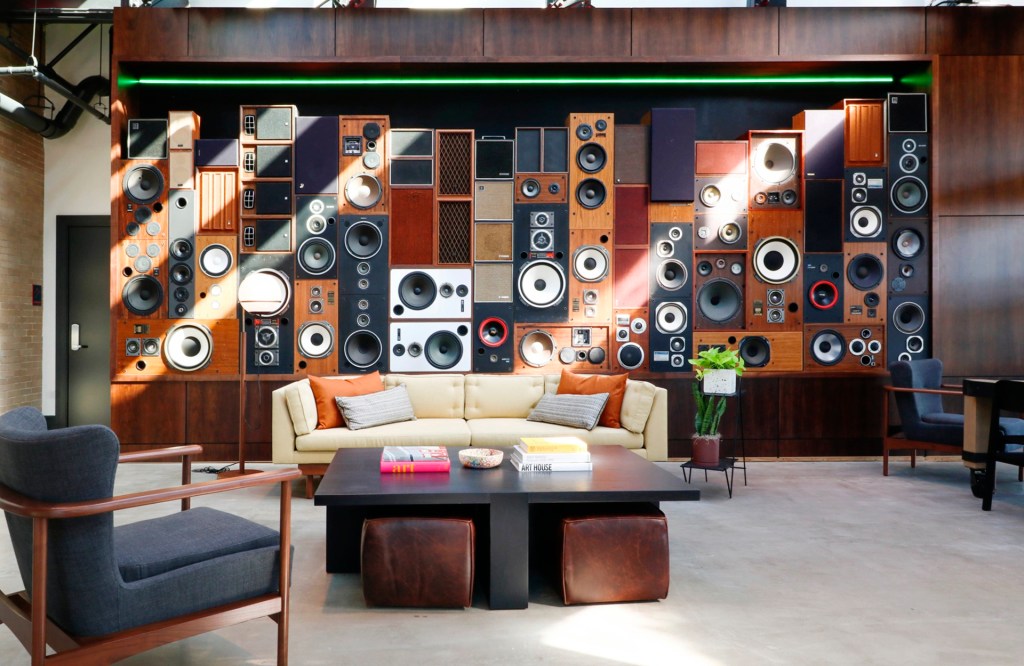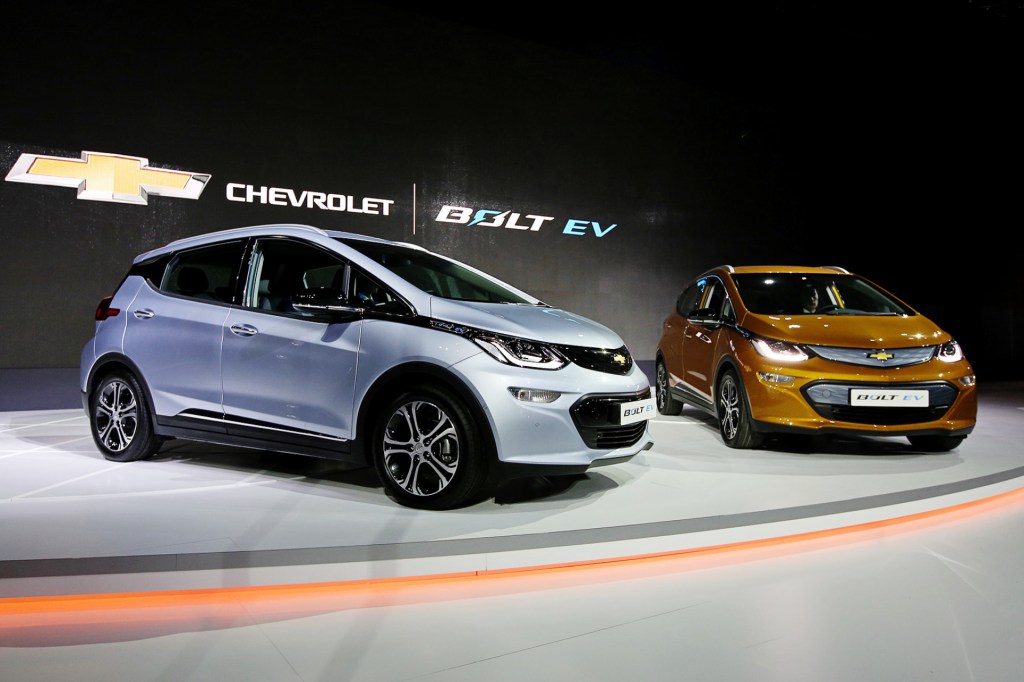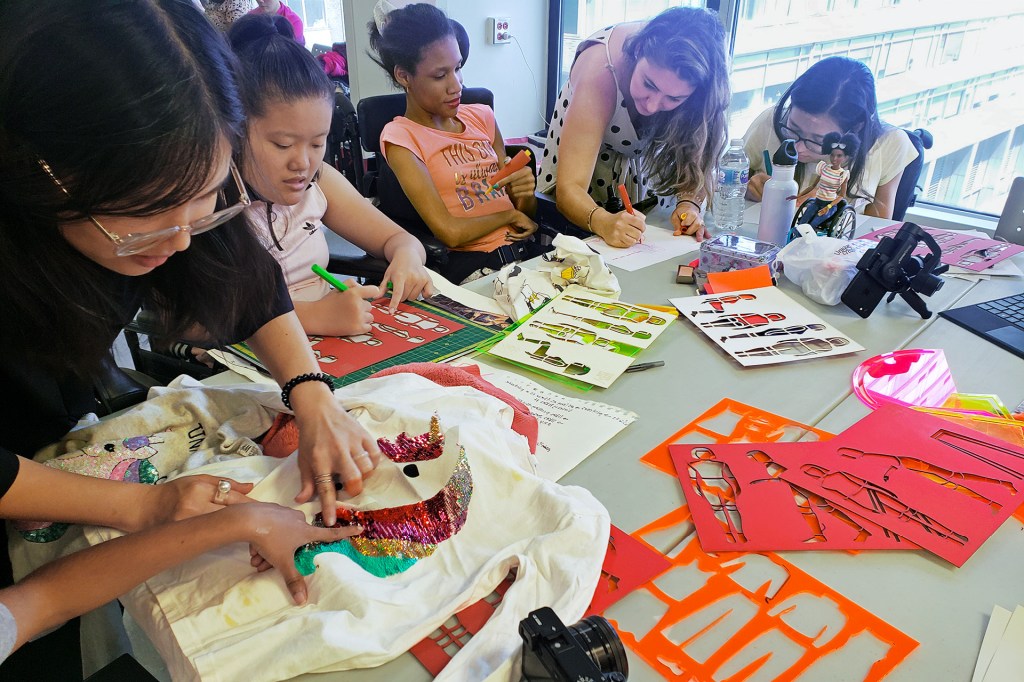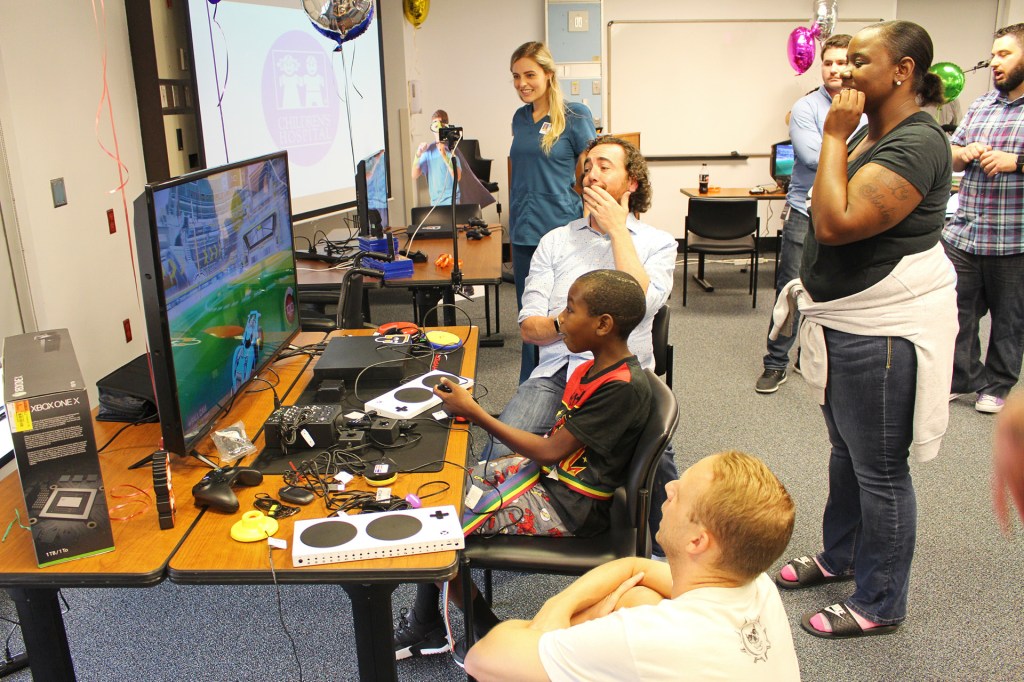Best Inventions of 2020
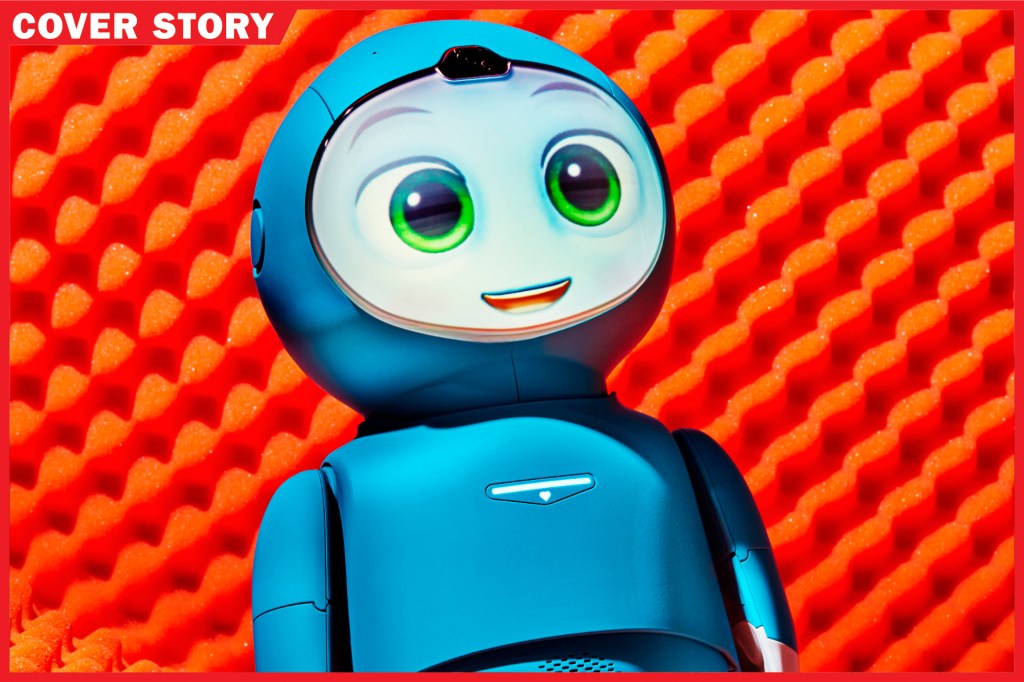
Each year, TIME for Kids picks the coolest and most helpful new inventions. Kid of the Year Gitanjali Rao, 15, is an inventor. This year, we let her take the lead. Gitanjali selected these items from TIME’s list of the 100 Best Inventions of 2020. Read what she has to say below.
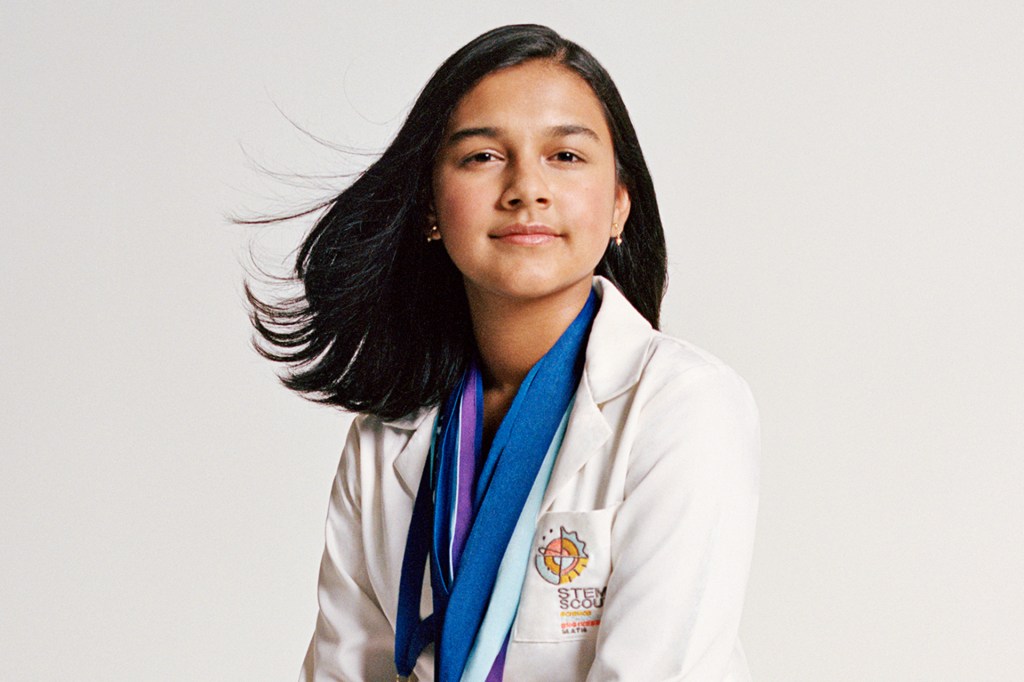
Our generation is seeing problems that have never existed before, in addition to serious long-standing issues. We need to innovate, generate new ideas, and build on them in order to have a meaningful impact on the future. We want a sustainable
sustainable
 XUANYU HAN—GETTY IMAGES
able to be maintained
(adjective)
Windmills are a sustainable source of electricity.
world. Young people will play a significant role in getting us there. So let’s change the old ways. I hope the inventions on this list will inspire you to come up with solutions of your own. —By Gitanjali Rao
XUANYU HAN—GETTY IMAGES
able to be maintained
(adjective)
Windmills are a sustainable source of electricity.
world. Young people will play a significant role in getting us there. So let’s change the old ways. I hope the inventions on this list will inspire you to come up with solutions of your own. —By Gitanjali Rao
Ultimate Indoor Garden

Eating a salad is more satisfying when you harvest the greens yourself. Want to grow a garden but don’t have a backyard? Consider a Gardyn. This vertical indoor-growing system is powered by artificial intelligence
artificial intelligence
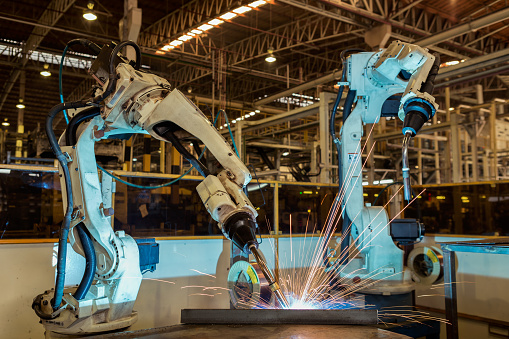 THOSSAPHOL—GETTY IMAGES
the ability of machines to imitate human intelligence
(noun)
Artificial intelligence has made it possible to manufacture cars faster than ever before.
. It lets you choose from 32 plants, including fruits, vegetables, greens, herbs, and flowers that will appear right in your home. Load the seedpods into Gardyn. Then an app monitors variables. These include light and humidity. Cameras let you know when your crops are ready to harvest. —By Marjorie Korn
THOSSAPHOL—GETTY IMAGES
the ability of machines to imitate human intelligence
(noun)
Artificial intelligence has made it possible to manufacture cars faster than ever before.
. It lets you choose from 32 plants, including fruits, vegetables, greens, herbs, and flowers that will appear right in your home. Load the seedpods into Gardyn. Then an app monitors variables. These include light and humidity. Cameras let you know when your crops are ready to harvest. —By Marjorie Korn
Following the Conversation
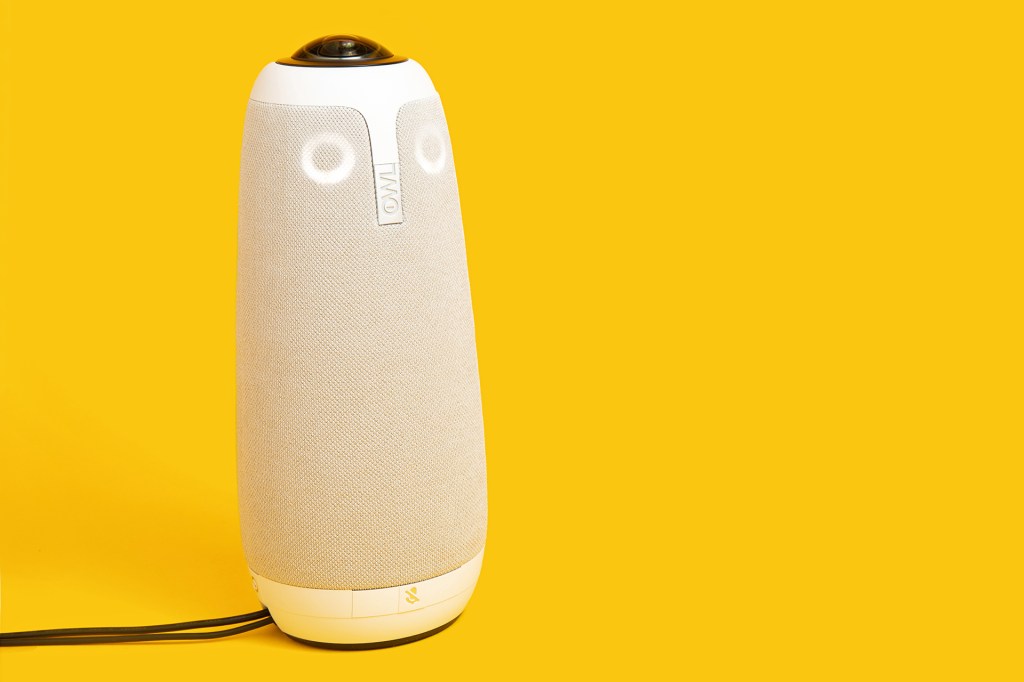
Robotics might be the answer to making virtual classes feel more human. The Meeting Owl Pro is a 360° tabletop camera. It shifts its lens and microphone to whoever is speaking. In “hybrid” classes and meetings, virtual participants will have a better feel for what’s happening in the room. “It’s able to follow the conversation,” says Owl Labs cofounder Max Makeev. To date, Owl Labs products are used by more than 50,000 companies and universities, as well as K–12 schools across the United States. —By Jesse Will
Portable Purifier
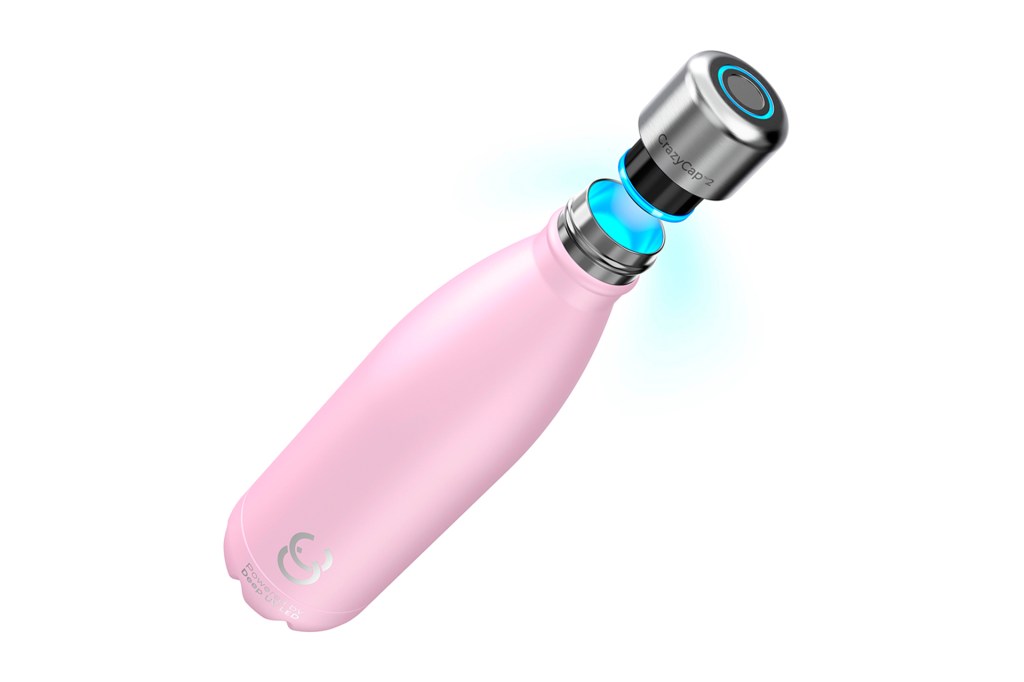
“When people want clean water, they reach for plastic bottles,” says CrazyCap CEO Rakesh Guduru. For those who want a more sustainable way to hydrate on the go, Guduru created a bottle cap. It uses cleansing UVC light to sanitize water in just 60 seconds. The device has two settings. One purifies water from taps or public fountains. The other purifies water from streams and ponds—perfect for hikers and campers. The cap is rechargeable and compatible with many reusable bottles. —By Simmone Shah
High-Tech Tutor
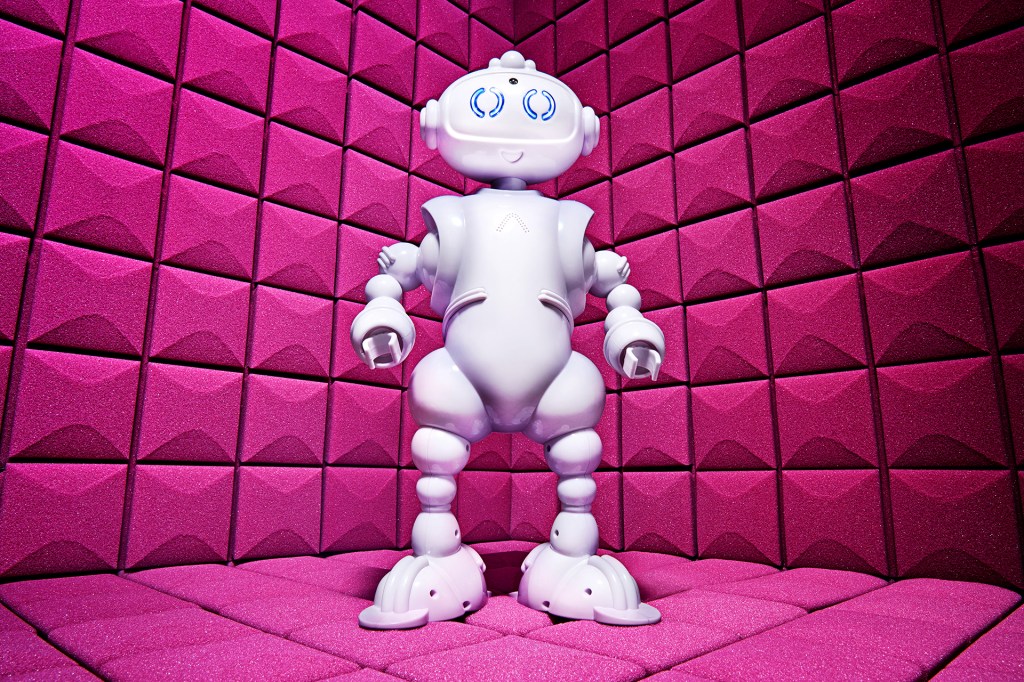
Robots have always fascinated Van Robotics CEO Laura Boccanfuso. But she felt most were too expensive and technical for real-life use. So she developed ABii. It’s a robot tutor that helps kids learn math and reading. Many students are learning from home because of the coronavirus pandemic. “Schools more than ever need individualized learning help,” Boccanfuso says. ABii comes with lessons created by teachers. It uses a camera to detect changes in a student’s attention. Then it adjusts its approach for individual learners. —By Nadia Suleman
Taking Notes
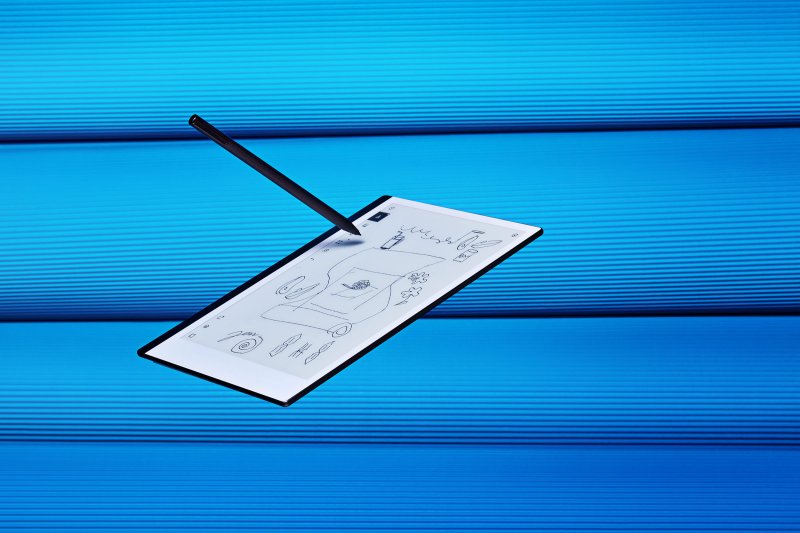
In 2013, Magnus Wanberg noticed his colleagues taking notes on paper instead of on laptops and phones. “Why hasn’t anyone replaced paper with technology?” he wondered. This led him to make the reMarkable paper tablet. The note-taking device converts handwriting into digital text. Released in 2016, its thin design mimics paper. Now, Wanberg has made the reMarkable 2. At less than a quarter-inch thick, the device is 30% skinnier than the original. Its battery can go two weeks per charge. —By Mariah Espada
Robofriend
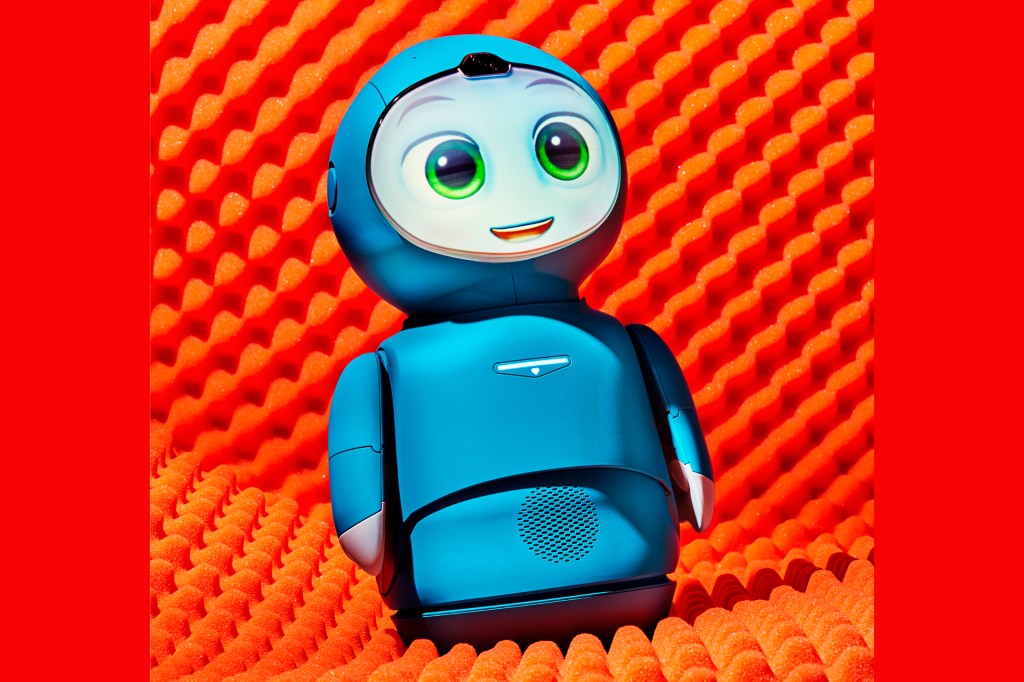
This friendly robot is designed to boost empathy
empathy
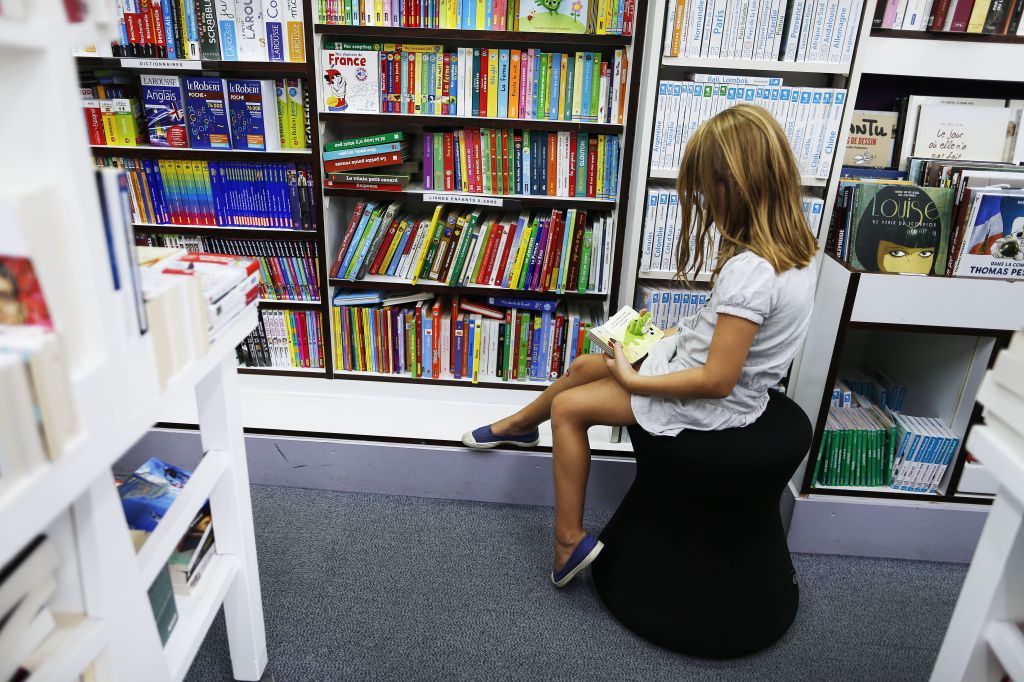 CHARLY TRIBALLEAU/AFP—GETTY IMAGES
the ability to understand another’s feelings
(noun)
Reading helps you develop empathy.
and social skills. It’s for kids ages 5 to 10. Moxie was created by experts in education and child development. Between them, they have worked on the TV show Mister Rogers’ Neighborhood, for Pixar, and for the Jim Henson Company. In Moxie, you’ll find a compassionate pal who encourages reading and drawing. The robot sends kids on missions, such as writing kind notes to family members or talking about feelings with a friend. —By Marjorie Korn
CHARLY TRIBALLEAU/AFP—GETTY IMAGES
the ability to understand another’s feelings
(noun)
Reading helps you develop empathy.
and social skills. It’s for kids ages 5 to 10. Moxie was created by experts in education and child development. Between them, they have worked on the TV show Mister Rogers’ Neighborhood, for Pixar, and for the Jim Henson Company. In Moxie, you’ll find a compassionate pal who encourages reading and drawing. The robot sends kids on missions, such as writing kind notes to family members or talking about feelings with a friend. —By Marjorie Korn
Helpful Headset
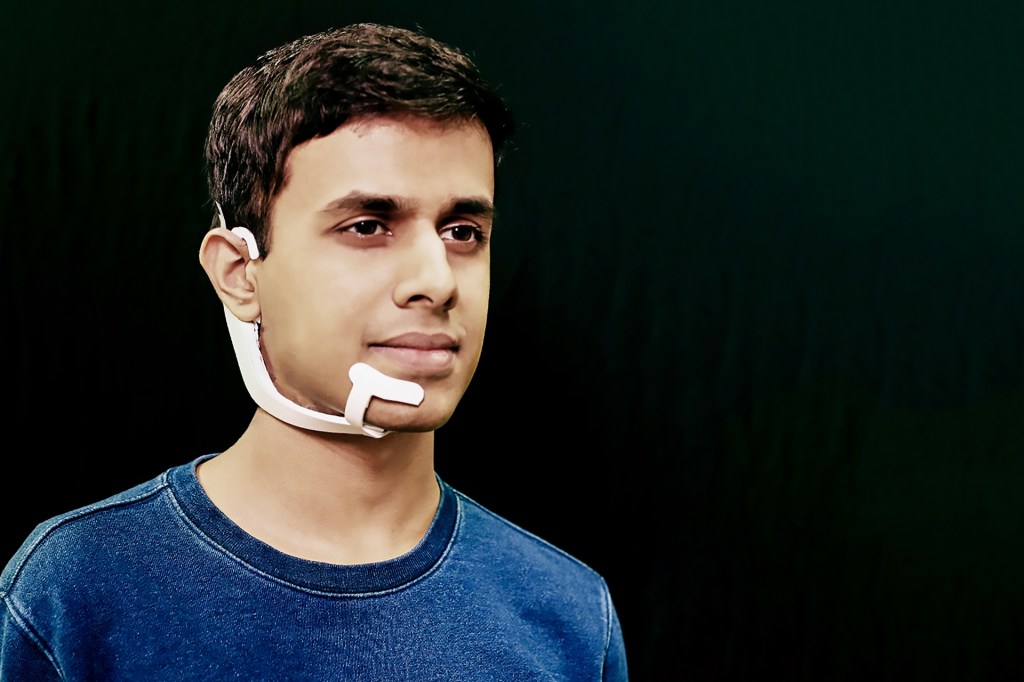
AlterEgo, designed by researchers at the MIT Media Lab, seems to read your mind! The headset lets you communicate with a computer without touching a keyboard or speaking. To do a task, such as search for a weather forecast, ask the question to yourself, silently. The headset’s sensors read signals from your face. Then, using a web connection, the device does the task on your laptop. Researchers found that a prototype
prototype
 SKYNESHER—GETTY IMAGES
a model
(noun)
Before construction began on the bridge, the architects built a prototype.
could understand its user 92% of the time. —By Jason Cipriani
SKYNESHER—GETTY IMAGES
a model
(noun)
Before construction began on the bridge, the architects built a prototype.
could understand its user 92% of the time. —By Jason Cipriani
Smaller Compact Car
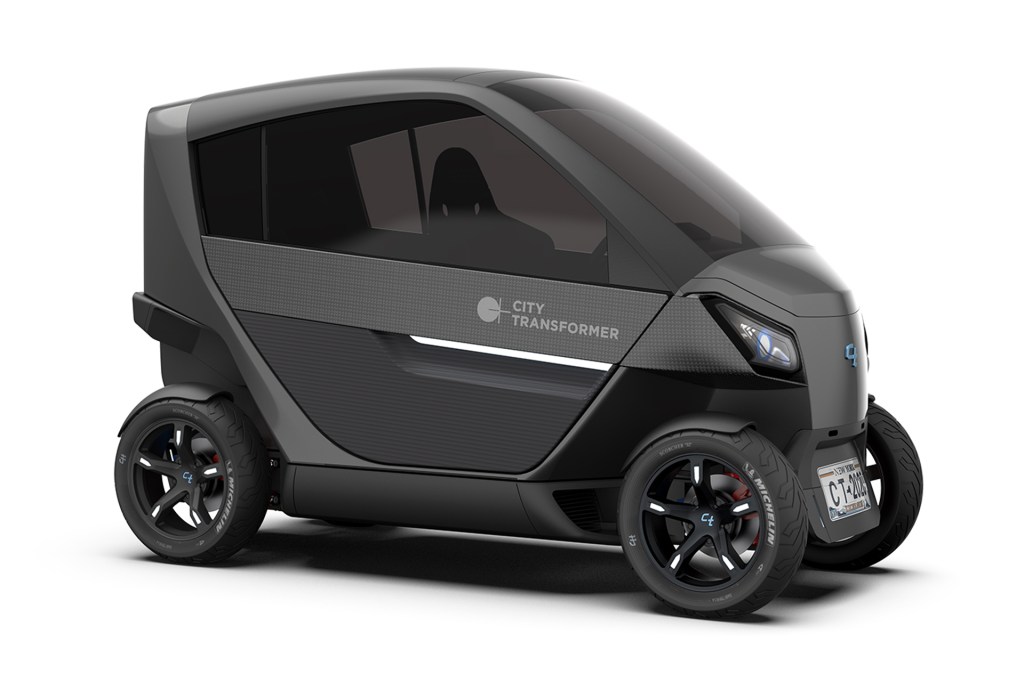
Do your parents get frustrated looking for a parking spot in a busy area? City Transformer’s electric vehicle could be the solution. The Israeli company’s two-seater car is tiny. But it can reach 55 miles per hour. Even better? When traveling at slower speeds, the vehicle can pull its wheels in closer for a one-meter (about one yard) width. This helps it fit into narrow streets and snug spots. City Transformer expects the first vehicles to be on the road in Tel Aviv, Israel, by 2022. —By Patrick Lucas Austin
Handwashing Station
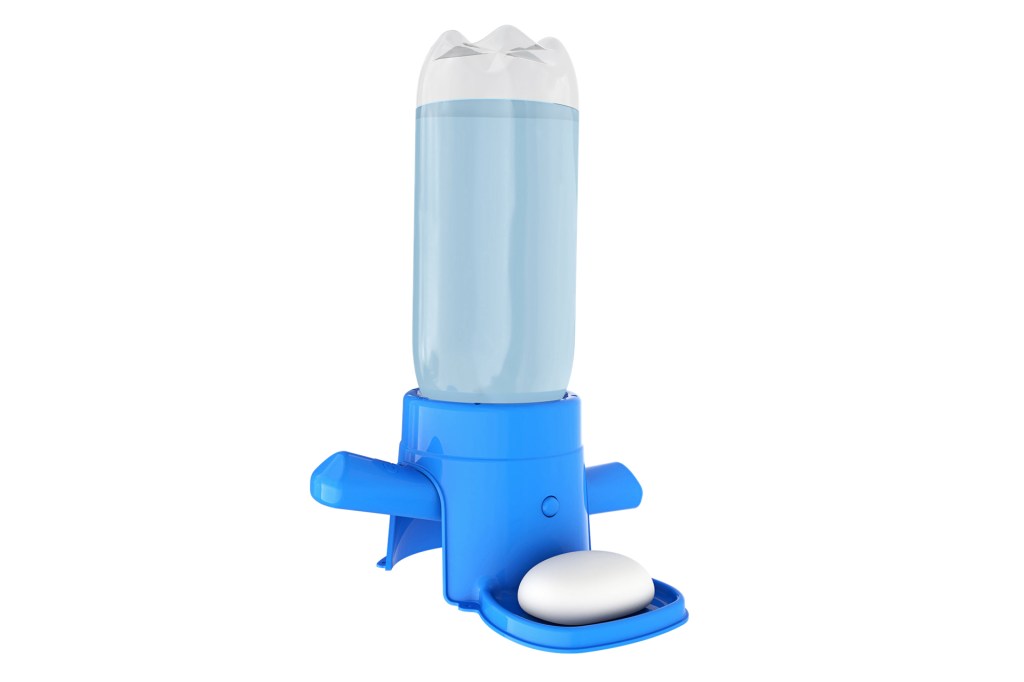
Handwashing is one of the best ways to prevent the spread of viruses. But about 40% of the world’s population lacks running water and soap at home. That’s why Japan’s LIXIL has created the SATO Tap. It’s a portable
portable
 KLAUS VEDFELT—GETTY IMAGES
able to be carried
(adjective)
A laptop is a portable computer.
, refillable handwashing station with a soap holder. The gadget is expected to go on sale in early 2021, for between $3 and $6. LIXIL is working to get 500,000 units to households around the world in the next year. —By Ciara Nugent
KLAUS VEDFELT—GETTY IMAGES
able to be carried
(adjective)
A laptop is a portable computer.
, refillable handwashing station with a soap holder. The gadget is expected to go on sale in early 2021, for between $3 and $6. LIXIL is working to get 500,000 units to households around the world in the next year. —By Ciara Nugent
More-Inclusive Gaming
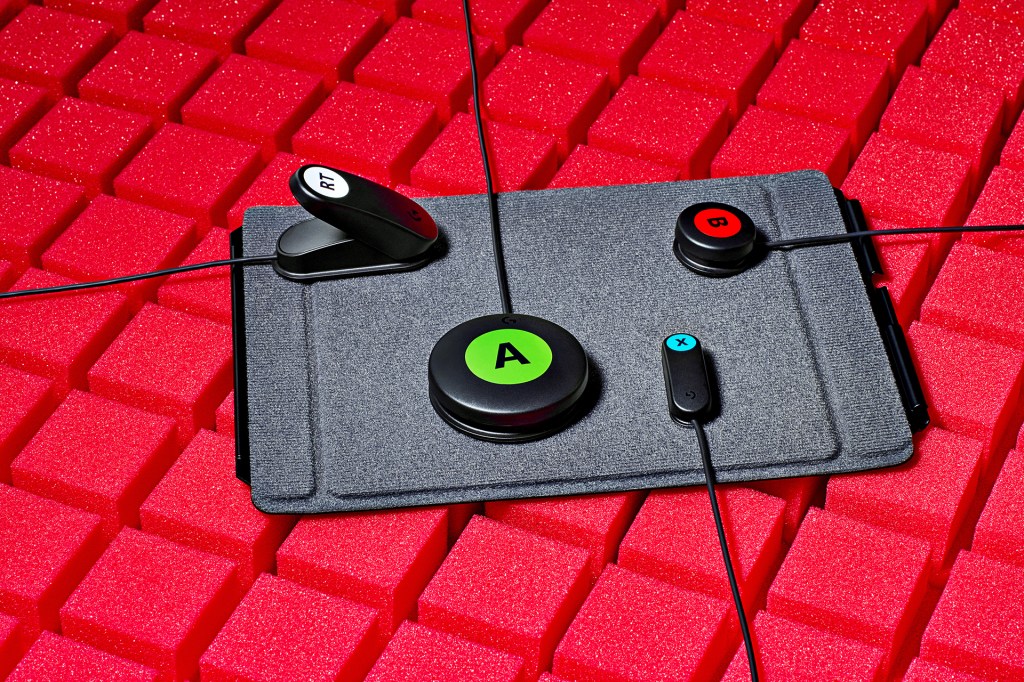
About 46 million gamers in the U.S. live with a disability. For some, standard controllers, mouses, and keyboards are challenging to use. In 2018, Microsoft introduced its Xbox Adaptive Controller. It has ports where you can plug in aids, such as a foot pedal. Now Microsoft has partnered with Logitech to make the Adaptive Gaming Kit. For $99, players get 10 buttons, two triggers, hooks, pads, loops, and other gear to customize their controllers. One reviewer described the kit as “honestly revolutionary.” —By Matthew Gault
Better Smartphone
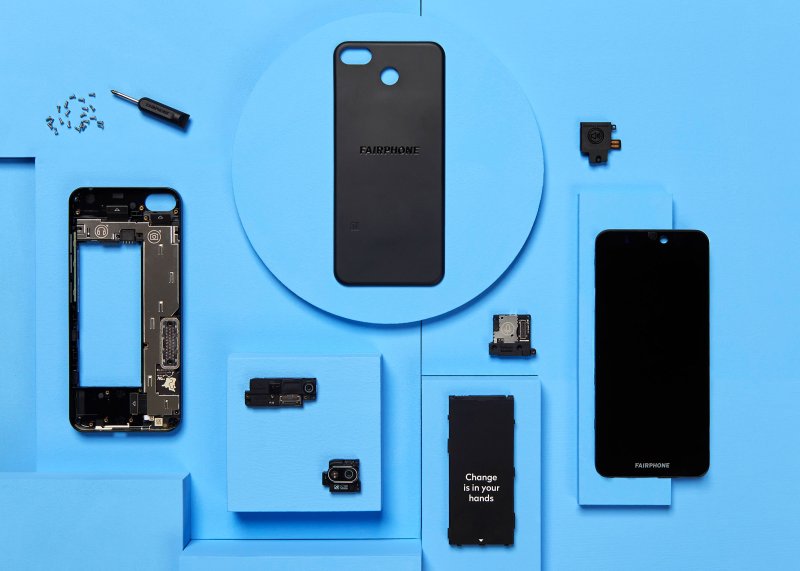
More than 50 million tons of electronic waste is created each year. Much of it includes materials that were unethically sourced. (For example, the gold found in circuit boards is often mined under dangerous conditions.) But Fairphone makes phones using responsibly sourced materials. And they’re built to last. Made of up to 40% recycled plastic, the new Fairphone 3+ has an expected life span of five years. It also has replaceable parts. You can swap your battery, screen, or camera with a screwdriver. This encourages users to keep their devices longer. —By Patrick Lucas Austin






